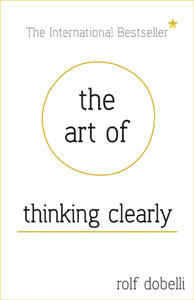 Final post in a series that starts here
Final post in a series that starts here
Self-actualisation is the 'bingo!' of human experience. It's it is when we are feeling most fully ourselves, immersed in meaningful activity that makes a positive contribution to the universe and not only draws on what we are best at, but helps us get even better at it. It's living in that sweet spot where pleasure, challenge and meaning come together.
As such, I confess, it is the type of human need I have been most nervous about writing about. What if I write a fatuous post? I have been wondering; what if I find nothing to say that isn't self-evident and gushing?
Because it is something of a responsibility to feel that other people's peak experiences are in your hands. As choir directors, we mostly deal with this responsibility by not thinking about it too hard and getting on with planning the detail. But every so often, we need to think about this stuff to check that we're fulfilling our obligations to those whose experiences are in our hands.




